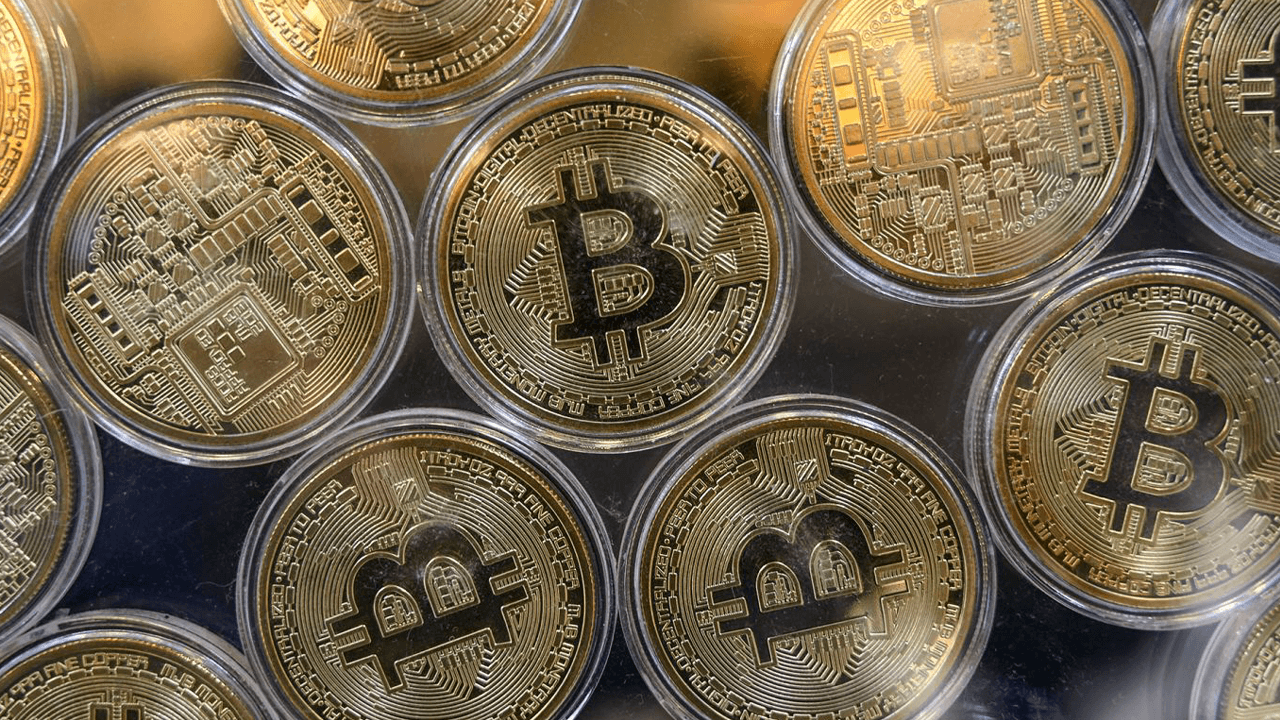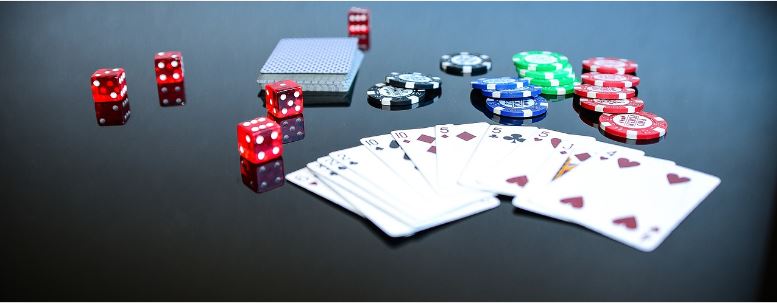Non-fungible tokens (NFTs) and cryptocurrencies are based on the same blockchain technology and bar in-depth technicalities; that is where the similarities end. If you are looking to update yourself with trends of crypto gambling techniques, you won’t find them here as the approaches NFTs and cryptocurrencies take towards gambling are largely divergent.
The divergence is obvious in the nature of NFTs and cryptocurrencies, with the former being non-fungible and the latter being fungible. The simplest way to describe fungibility is to explain it with the dollar or any other fiat currency. Every dollar note in good condition is worth just as much as any other note; it holds the same value, and in that sense, no one dollar is unique. This means that every unit of the same cryptocurrency has the same value and can be exchanged for one another, but this is not the same for NFTs, as each NFT is personal and unique, and this dictates how they are used in gambling.
This backstory is important because it allows you to think beyond what you are accustomed to regarding gambling with fungible currency. It prepares your mind for the fact that while NFT games can be gambling, they take on a new approach. Continue reading to learn about this new approach and other ways NFTs can be deployed.
NFT Betting/Gambling
If you are already familiar with the gambling world, all you need to do is replace whatever currency you currently wager with NFTs, and you will be stumbling into the new world of NFT gambling. At first, it might seem customary, but when you wager your first NFT against someone else’s, that’s when you begin to see the vision behind NFT gambling.
The personalization of these items and the chance to win something equally rare, if not rarer, than what you are staking continues to draw players to NFT gambling. Depending on your platform, although not too many allow NFT gambling at the moment, you get a chance to wager whatever NFT of your choice and a go at wins just as random. With literally anything being able to be made into NFTs, you could end your session having won items ranging from Smurf NFTs to the rare Starbucks Odyssey NFTs.
NFT gambling is like regular gambling, with unparalleled unpredictability and excitement that would get players already bored of the usual hyped and pumped for their next bet.
Why is it permeating the gambling industry?
Originally advertised as get-quick-rich schemes by influencers the world over, many people are skeptical about the use of NFTs and the role it has come to play. With popular NFT projects like the Bored Ape Yacht Club losing nearly 90% of their value, people are still cautious about pitching their tents with NFTs. It is this reason that makes the resurgence of NFTs in the gambling industry all the more impressive. It has been able to convince several people beyond doubt as a result of the following properties it possesses:
• NFTs are programmable:
These are also known as smart NFTs and can be automated. They can be designed to carry the identity of the platforms where they are wagered and can automatically transfer ownership between the players. This ensures branding continuity for the platform and eases the transfer process for the victor.
• Adds levels of unpredictability:
Adding NFTs to the mix allows for more unpredictability in the gameplay, different from what has become the norm when gambling with fungible currencies. With precious personal, customizable items on the line, people are more likely to sit up during games or crumble under pressure. It certainly creates a better gaming experience for people who like to gamble on the edge.
• True ownership:
While the copyrights and licensing still belong to the author or creator of the NFT, you have bought some stake with evidence of possession in whole or part of the token. If you read between the lines, you can tell you do not outrightly own all that relates to the NFT, but it is far closer to ownership than what was available or presented before the advent of NFTs. Before, if you lost your login information or could not access the platform that holds tokens you have won gaming, there was no way to access or lay claim to them.
• Cross-platform compatibility:
How else can you prove you truly own an item other than being able to use it on any platform of your choosing? Before, players found it difficult to move their in-game items to another platform because they feared losing their progress and starting over again. Now, with the use of NFTs and their growing acceptability by many platforms, players can access their tokens across these platforms, allowing for interoperability like never before. With the growing adoption of the Metaverse across all industries, it becomes effortless to use, move, and interact with your NFTs.
• It paves the way for collaborations
The introduction of NFTs to the gambling industry has allowed for the most interesting and unexpected collaborations. It brings more exposure to major stakeholders in the industry and adds excitement for the players. You can roll custom dice with insignia or skin from your favorite movie or video game.
• Anonymity and security
The fact that NFTs are established on blockchain technology imprints the same security features people have come to love with using cryptocurrency. Since you can stake with NFTs, players no longer need to attach their bank or card information to their preferred gambling platforms. Not requiring this information ripples to a relaxed need for the Know-Your-Customer (KYC) requirement, meaning players might not need to provide personal information.
Other ways NFts can be used
So that’s how NFTs can be used in gambling and why it is becoming preferred by players and operators alike. But beyond being wagered, NFTs have other roles in the gambling industry. The following are some of these roles:
Tokenized luck
Do you ever feel like you have lucky days gambling in brick-and-mortar casinos? Or do you have personal rituals that can guarantee you a large percentage of wins? You will have to kiss all those goodbye when you are playing online unless there is a way to engineer or program luck.
It turns out there’s such a way, and it can be done with unique NFTs. Like a power-up in your favorite console game, having some NFTs can serve as tokenized luck that aids your gameplay or hexes your opponent, depending on what NFT type you have in your stack.
Access token
Another ingenious way operators deploy NFTs is their use as an access pass to online casinos. It is an effective way to keep out minors without requesting their information. It can also be used as a prerequisite to access VIP sections of the casinos or offer exclusive games to players possessing the NFT.
Reward loyal customers
Beyond gambling with NFTs, players can wager with whatever currency they choose and be rewarded in NFTs. These NFTs can be branded by the online casino operator and grant perks to the players to appreciate them for their loyalty to the operator or expertise in playing their preferred games. If you want to collect NFTs, this is one of the best ways to get free NFTs.
In-game collectibles
After investing a lot of time and other resources on your preferred platform, NFTs can be used by these platforms to commemorate your wins and achievements. This can be in the form of badges to show that you belong to an elite class of players or virtual avatars to show all other gamers on the platform your rank and expertise. If you collect really rare badges and virtual avatars, you can make money off them by selling them on any NFT marketplace of your choice, with Opensea being one of the most popular.
What does the law say?
The law surrounding NFTs, cryptocurrency, and the blockchain is largely speculative. Moreover, there’s no uniformity across the different regions, making it challenging to determine whether NFT gambling falls under the same category as crypto and fiat gambling.
However, France seems to be leading the way in defining NFT as it pertains to gambling, and expectations are lawmakers worldwide would follow the same steps or adopt something similar. The French are doing so in the name of a digital law voted through by the Assemblée Nationale on October 18, 2023, called the loi [visant à] sécuriser et réguler l’espace numérique (SREN), which translates as the ‘law [aiming to] secure and regulate the digital space.’
The SREN law has created a distinction between gambling and crypto/NFT gambling. It introduces regulation for monetisable digital games, that is NFT and blockchain based games called JONUM, jeux à objet numérique monétisable. The Jonum Regime, as it is called, or the Sorare law, distinguishes Jonu from games that are currently regulated by the National Gaming Authority (ANJ), France’s gaming regulator, as long as the proceeds from these games remain digital and are not exchanged for fiat currencies. This framework is being implemented to foster user protection without clamping down excessively on innovation.
Read the full article here





